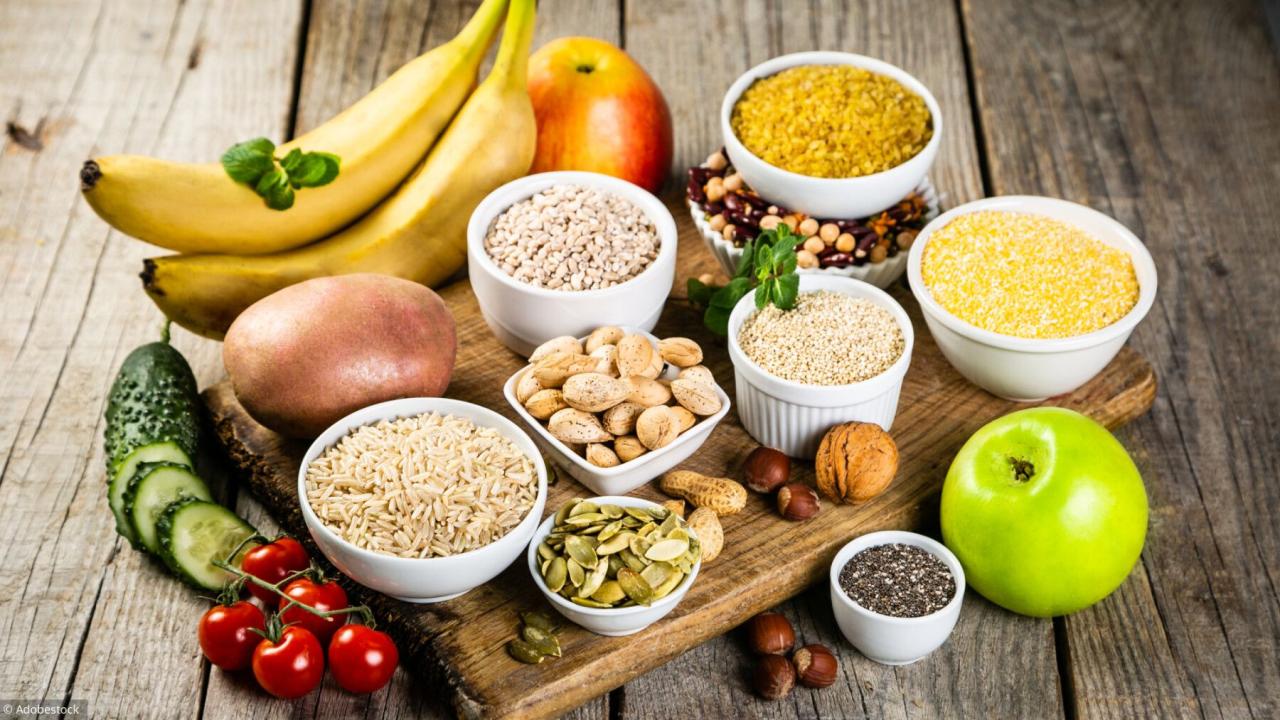In the realm of nutrition, energy foods and drinks take center stage, offering a tantalizing array of options to power our bodies and enhance our performance. From nutrient-packed snacks to invigorating beverages, this comprehensive guide delves into the world of energy-boosting consumables, empowering you with the knowledge to make informed choices and unlock your full potential.
Energy-dense foods, such as nuts, seeds, whole grains, and fruits, provide a sustained source of energy due to their balanced macronutrient composition of carbohydrates, protein, and fat. These macronutrients work synergistically to fuel our bodies, ensuring optimal functioning throughout the day.
Energy Foods and Drinks
Maintaining adequate energy levels is crucial for physical and mental well-being. Energy foods and drinks provide essential nutrients that fuel the body and boost performance. This article explores the different sources of energy, including foods and drinks, and their impact on overall energy levels.
Energy Food Sources
Energy-dense foods provide a significant amount of calories and essential nutrients to support energy production. Here’s a table summarizing key energy food sources:
| Food Source | Calories | Macronutrient Breakdown | Benefits |
|---|---|---|---|
| Nuts (e.g., almonds, walnuts) | 160-210 per ounce | High in healthy fats, protein, and fiber | Promote satiety, reduce inflammation |
| Seeds (e.g., chia seeds, flax seeds) | 120-150 per ounce | Rich in fiber, omega-3 fatty acids, and protein | Improve digestion, support brain health |
| Whole grains (e.g., brown rice, quinoa) | 100-120 per cup cooked | High in complex carbohydrates, fiber, and vitamins | Provide sustained energy, regulate blood sugar levels |
| Fruits (e.g., bananas, apples) | 100-120 per medium-sized fruit | Good source of natural sugars, fiber, and vitamins | Provide quick energy, boost hydration |
Macronutrients, including carbohydrates, protein, and fat, play vital roles in energy production. Carbohydrates provide the primary fuel for the body, while protein supports muscle growth and repair. Fat provides long-lasting energy and supports hormone production.
Energy Drinks
Energy drinks are popular beverages marketed to enhance energy and performance. They typically contain:
- Caffeine: Stimulates the nervous system, increasing alertness and focus
- Taurine: An amino acid that may improve endurance and reduce fatigue
- B vitamins: Essential for energy metabolism
While energy drinks can provide a temporary boost, excessive consumption can lead to side effects such as anxiety, insomnia, and heart palpitations.
Energy-Boosting Nutrients
Certain vitamins and minerals are essential for energy production. These include:
- Iron: Supports red blood cell production, which carries oxygen to cells
- Magnesium: Involved in energy metabolism and muscle function
- Vitamin B12: Essential for nerve function and energy production
Deficiencies in these nutrients can significantly impact energy levels.
For a festive gathering, consider exploring food and drink clipart to create vibrant decorations and enhance the ambiance. Whether it’s a casual get-together or a formal celebration, these visually appealing images can add a touch of whimsy and delight to your event.
Energy-Depleting Factors
Several lifestyle factors can drain energy, including:
- Stress: Releases hormones that can disrupt sleep and metabolism
- Lack of sleep: Deprives the body of rest and recovery time
- Dehydration: Reduces blood volume, impairing oxygen delivery to cells
Managing these factors through stress management techniques, adequate sleep, and hydration can improve energy levels.
Balanced Diet and Exercise, Energy foods and drinks
A balanced diet and regular exercise are crucial for maintaining optimal energy levels. A healthy diet provides the body with the necessary nutrients, while exercise improves circulation and oxygen delivery to cells.
Ultimate Conclusion

In conclusion, energy foods and drinks offer a myriad of benefits, ranging from enhanced performance to improved cognitive function. By understanding the different types of energy sources and their impact on our bodies, we can make informed choices that support our health and well-being.
Remember, a balanced diet, regular exercise, and mindful lifestyle choices are the cornerstones of sustained energy levels.



